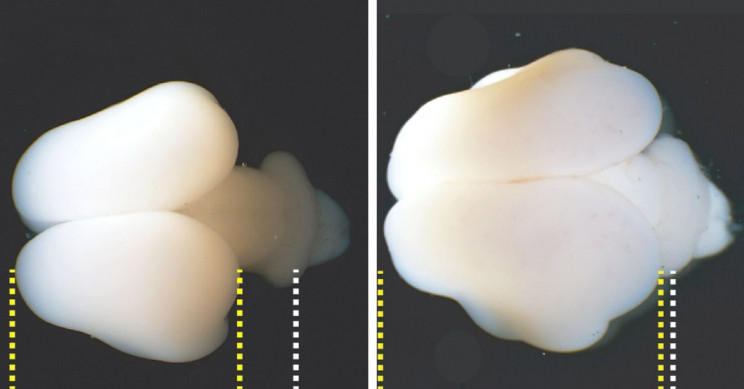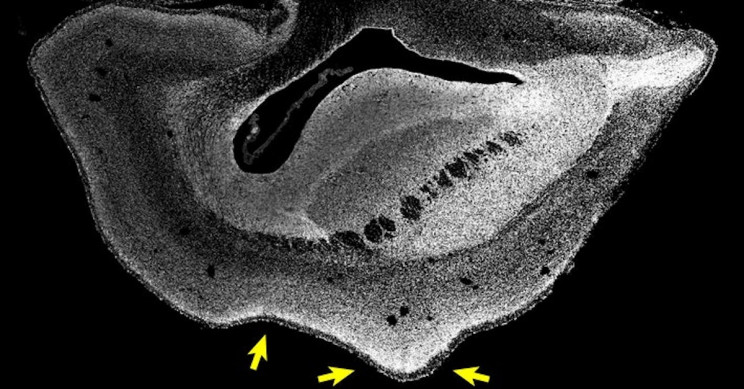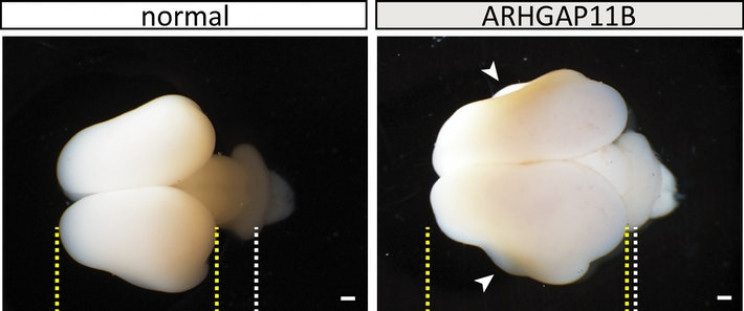This may have replicated the moment in history where humans and primates were set apart in evolution.

It’s our larger brains that set us apart from other primates. Back when we evolved from non-human primates, one specific gene came into play, which made our brains bigger while theirs stayed smaller.
Now a collaboration between researchers in Germany at the Max Planck Institute of Molecular Cell Biology and Genetics and in Japan at the Central Institute for Experimental Animals, has used that same gene to grow a monkey brain to be bigger for the first time.
Their study was published in Science on Thursday.
SEE ALSO: RESEARCHERS TRANSLATE HOW NON-HUMAN PRIMATES HEAR SOUNDS
Going back to evolution
This study is not only incredible, it’s also enlightening. It could replicate the moment in evolution where humans became separate from other primates. All due to one gene.
“We had certain hopes — what the gene, ideally, could do and should, if it had the function that we had postulated it should have,” lead study author Wieland Huttner of the Max Planck Institute told Inverse.

Growing monkey fetus brain, Source : Heide et al./MPI-CBG
“The very satisfying answer is that the gene did exactly everything that you could have hoped for.”
The results can be broken down into four sections. By inserting the gene:
- The size of the monkeys’ neocortex increased
- Folding of the brain, similar to how a human brain is folded was induced
- The relevant pro-generative cell type, which produces neurons, was increased
- Specifically, it increased upper-layer neurons, which are the neurons that increase during evolution
“This shows, basically, that the gene — and its expression in humans — is sufficient to expand and to fold the primate, or the monkey, brain,” co-author of the study, Michael Heide said.

The left-hand fetus brain is normal, and the right-hand one is the enlargened human gene monkey brain, Source : Heide et al./MPI-CBG
As is natural when working on and with animals, ethical questions arise. Researchers have to ensure that all people working on the project are in line with their ethical thinking and reasoning.
The fetus samples for this study came from Japan, and after traveling there from Germany, setting up the experiment, and growing the fetuses, the Max Planck Institute team brought them over to Germany.
“These guys, we trust — period,” Huttner explained.
This is crucial in order to maintain ethical boundaries. After about 100 days after the fetus had been growing, the international team unanimously agreed to remove the fetus through a C-section. Bringing a “new human-gene-influenced monkey into this world would step over the ethical line,” said Huttner.
“To let them come to be born, in my opinion, would have been irresponsible as a first step,” Huttner mentioned, “because you don’t know what kind of behavioral change you’ll get.”